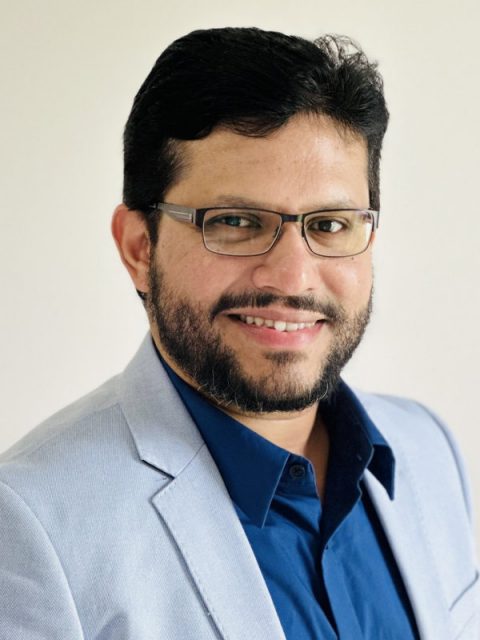
Bridging Continents: Teaching Master of Public Health in Bangladesh and Australia
Dr Sheikh Mohammad Alif

Teaching the Master of Public Health (MPH) courses in two vastly different contexts, Bangladesh and Australia, has been a transformative work experience for me over the past decade. With five years of MPH teaching in Bangladesh, followed by over five years in Australia, I have encountered unique challenges and insights that have deeply informed my classroom approach to public health education.
In Bangladesh, the focus was often on overcoming resource constraints and addressing local health challenges such as infectious diseases, maternal and child health, and undernutrition. The teaching approach had to be adaptive, emphasising practical problem-solving skills. Students were highly motivated by the immediate impact their work could have on their communities, which fuelled their engagement and passion for learning.
The challenges we faced were significant. The assessment focused on theoretical concepts and followed a traditional examination process, requiring students to memorise large amounts of information. Limited access to advanced technologies, fewer research opportunities, and a curriculum that sometimes struggled to keep pace with global developments in public health posed hurdles. Navigating these challenges required creativity and resilience from both myself and the students. This experience taught me the importance of flexibility in teaching and the need to align educational content with local realities.
Transitioning to teaching in Australia presented a different set of opportunities and challenges. Here, the MPH curriculum is more research-intensive, with a strong focus on evidence-based public health practice, advanced analytics, and global health. Students also have access to cutting-edge resources, and the educational environment encourages critical thinking and innovation. The diversity of the international and local students also represents richness to discussions, bringing in global perspectives that enhance the learning experience.
However, one challenge in Australia has been ensuring that students appreciate the importance of global health equity and the relevance of public health issues in low-resource settings. The emphasis on advanced research and technology sometimes overshadows the fundamental public health challenges that much of the world’s population faces. My public health teaching experience in Bangladesh has been invaluable in bringing these perspectives into the classroom here in Australia, helping students understand the broader context of public health and the need for globally relevant solutions.
Throughout this journey, I have learned the importance of context in public health education. What works in one setting may not be applicable in another, and it’s crucial to adapt teaching methods to meet the needs of students in different environments as well as in cultural contexts. Colleagues, mentors, and the students themselves have guided me through this process, helping me refine my teaching approach to be both globally informed and locally relevant.
Fun Question Answered: What one item would you bring if you were stuck on a deserted island?
If stuck on a deserted island, I would bring a well-stocked survival kit. Practical and versatile, it would cover the essentials: tools, first aid, and fire-starting materials, giving me the best chance to adapt and thrive in an unfamiliar environment, much like my approach to teaching in different contexts.
Dr Sheikh Mohammad Alif, Co-chair, Early Career Academic Committee
Biography
Dr Sheikh Mohammad Alif is a Senior Lecturer of Public Health at the Institute of Health and Wellbeing, Federation University Australia, where he is the unit coordinator of health promotion, public health ethics and Indigenous health units. His research focuses on respiratory health, occupational lung diseases, ageing health and exposure science.
University Profile: https://federation.edu.au/research/find-an-expert/sheikh-alif
LinkedIn: https://www.linkedin.com/in/sheikh-alif/